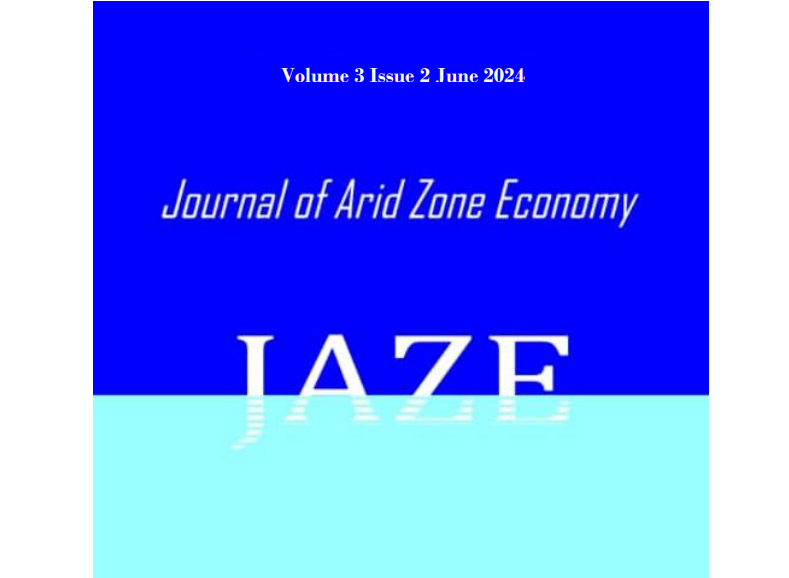Predictive Strength of Fiscal Policy on Nigeria’s Economic Growth
Keywords:
Debt, Economic progress, Fiscal policy, Government expenditure, NigeriaAbstract
Debate concerning the efficiency of fiscal policy as a tool for
stimulating economic progress in developing countries, Nigeria
inclusive, remains constantly raging and inconclusive. This study
was thus embarked upon to take a stand on this in Nigeria context.
Several stationarity tests involving ARDL bound test on 37 year-time
series (1985-2021) on the Nigerian economy were carried out. The
results confirmed the stationarity of the data at level and first
difference respectively. Heteroscedasticity and Cointegration tests
equally confirmed existence of cointegration among the independent
variables. The result revealed that fiscal policy as exemplified in the
use of oil revenue, non-oil revenue, recurrent expenditure and
capital expenditure exerted statistically significant impact on
economic development in Nigeria; the short-run effects of the public
debts and inflation notwithstanding. The study thus recommends
among others, an increased government spending on capital
projects such as to guarantee constant supply of electricity,
provision of good road network in order to promote industrial
development and in turn create more job opportunities for the
citizenry as the employed contribute to increasing the GDP of the
country. In addition, public debts should be made reproductive with
a view to financing higher investment that will fasten repayment and
lessen the encumbrance on the nation’s economy.

Downloads
Published
Issue
Section
License
Copyright (c) 2024 Journal of Arid Zone Economy

This work is licensed under a Creative Commons Attribution 4.0 International License.

